The 6”2 athlete, Diandra Tchatchouang is a professional basketball player, with a spirit as tall as her height. Growing up in an environment where the word school was an insult, she did not hesitate to choose the winding path of study whenever an important decision needed to be made. True to her academic nature, Diandra has just joined one of the most prestigious schools in France, the Institute of Political Studies Paris (Sciences Po Paris). She is still in her prime as an athlete as well.
Although she is naturally a reserved person, the athlete does not hide or hesitate to share her opinions on societal issues. She aims to pave the way for the next generation of girls who follow her. Diandra feels a keen sense of duty and makes a point to have her voice be heard, especially for the sake of invisible people that are often unheard. This is an interview with a french basketball NERD.

Your instagram is family, family and family! What does family mean to you?
I did not realize it. It’s true that I do not post a lot of basketball because people already know that side of me.
When I asked what your favorite style was for photo shoots, you requested to show off your legs. You aren’t the kind of athlete who wears sweatpants all the time?
I am wearing them pretty often because I spend a lot of my time on the basketball court but I try to be feminine whenever I can. Regardless of my career, to be smart is a family affair, an African thing … you know what it is!
Is coquetry important to you?
We (French team) have been associated with the image of lipstick after the Olympic Games. It was the signature of Emilie Gomis, the need to assert herself as a woman in addition to being sporty. I was not there, but I think it has given a touch of glamor to performance sport. Red lipstick will not change everything but it’s a good start. Many girls, especially on the handball team, are doing the same thing now.
Do you have preferences? Brands or designers?
No, I do not have a favorite designer in particular. I do most of my shopping online. I like Asos, they have nice options in the “big and tall” section. Otherwise I have simple tastes, like Zara and Mango. I do not put on too much makeup.
Recently I discovered Fenty beauty, they have a lot of options. As for hair, I’ve been a part of the nappy movement for the past few years. There is a lot of mixity in my family and I did not know what my hair looked like anymore.
Apart from basketball what other sports do you watch?
I love handball and track. Handball especially, the physical side and the team spirit are close to basketball. There is a good mindset and our body types are similar but I could never play handball.
I do not understand what is allowed and what is a foul. I would have to go and talk to the referees for every action. I watch football only when a team that I like is playing. I have a ritual, as a proud Cameroonian. I wear the indomitable lions’ jersey at least once a week. Well, to tell you the truth, it’s never far from my heart.
What are your musical tastes?
I like old school Hip-Hop.

What does this mean for you? For me old school is the 70s with Africa Bambaataa, Kool Herc…?
No, I’m not going that far, my favorite artist is Lauryn Hill. I also like Mos Def, Erykah Badu … I like American Hip-Hop. For French rap, I listen to old school rap, I do not know what is popular today, at all.
Oh good! I heard that you were a fan of Zouk, you shouldn’t be ashamed.
Yes it’s true, during my years at INSEEP, I was hanging out with a lot of West Indians. I used to listen to it a lot, but not all the time, like Hip-Hop. I also listen to African music and Bend skin (Bamileke traditional music) in particular.
After INSEEP, you went to the United States. Was it a dream or just another step in your journey?
I had the idea 2 years before going there. I did not really have any ties there, but I had already been injured and I did not see myself becoming a professional without an education. A high school diploma was far from being the end and my parents always encouraged me to go further.
What did you study there?
I studied political science. I stayed only 2 years because I had an offer that I could not refuse in Montpellier. I did not have a specialty the first year, then I chose “government” (institutions) in the second year. I have discovered, particurlarly in Angela Davis’ book in Sociology class, that there were ways to defend against inequalities. She is a model for me, because of her relationship with life and her actions.
That is the kind of person who inspires me because in the U.S. it is OK to talk about it. People are not afraid to defend them. Beyond basketball, it’s really an experience. I was 18 years old and everything I knew about the U.S. came from TV. It opened up my mind to a culture totally different from mine. Basketball is a religion there. We played sold out games, we were treated like stars. Even without reaching the end of my coursework, it was a special moment in my life.
It was your first trip to the United States and you were entering a particular context in the South. Can you tell us about that?
I had been on vacation to L.A. one time with my mother. Therefore in college, I found myself in the city of “The Wire” TV show. The campus is located in one of the most dangerous counties in the U.S. There were crimes every day and we were in the ultra-protected capsule of the University of Maryland. I was able to witness it myself and get a different idea of the image I had in my mind.
The ambient poverty made me realize how crime was a way out for some people. Sport gives them a future through a full scholarship. I was shocked to see that the parents of some of my teammates were still paying off their student loans.
You are drafted but give priority to the French team? Have you never been approached by Cameroon?
I am Cameroonian and French but at the level of my training and my youth level league, I did everything in France. I did not see myself turning my back on the country that helped me get where I am.
In 2013, you described your game as aggressive, is that your Cameroonian side?
In basketball there are several profiles. I am not a pure shooter, I am working on it but I play a lot with my athletic abilities. The drive, I like it when it’s physical. I refuse to let my opponent pass me in defense, I can’t help it. I was already like that before going to the States and suddenly I was in my element in the U.S. with a game that suited me well.
Can you describe your return to France? It must have been a shock.
I have an anecdote about that. When my Canadian friend came to play in France, she called our facility’s high school gymnasiums. It says everything. There are differences in all aspects. A real contrast in terms of infrastructure, staff, and enthusiasm. We will never get to their level regardless.
In the U.S. there was an obligation to put the same budget on women’s sports as men’s. We played in front of tens of thousands of spectators and millions of viewers. Students/athletes receive celebrity treatment in terms of notoriety but without the financial benefits that come with it, hence the controversy over the sharing of TV rights.
Following an injury you found a way to enroll in a prestigious university, the IEP (Sciences Po). How was that?
Honestly, it fit perfectly with what I wanted to do, but I chose Science Po because it is one of the few schools to offer a home program for athletes. As the name suggests, I study Political Science. It helps me to expand my general culture and topics like Discovery of the Contemporary World (globalization), History of Political Institutions or Geopolitics… will be helpful when the time comes to initiate a career in journalism.
You project intellectual vibes. Yet, you were skipping classes in junior high school? What made you change your mind?
There were 2 Diandras. In primary school it was fine, then in 6th grade I thought I was grown. I finished the year with a 6 average. I was not going to class, I was rude, nothing inspired me. My role models were the older hood girls from my neighborhood. However, my older sister was a very good student.
I went on to 7th grade only because I was the class president. I was able to defend myself and I integrated a basketball training program on that condition. They were happy I was leaving the school, anyway. Once I got to the program, I had to have good grades and I focused on my studies.
I came out with a 16 average and since then I understood the importance of studies. I realize it even more today because despite being only 26 years old, I’ve already had big injuries. So, I have to start preparing for my next career.
Are you doing science in order to become a sports journalist?
I intend to be a global journalist, I study to be able to work regardless of basketball. I do not get discouraged even if naysayers constantly remind me that I would not have the same opportunities as a non-athlete.
The only big interviews of you are in L’Humanité and Le Figaro. Is there a big difference in terms of political hue?
I find myself completely in “L’Huma”, but “Le Figaro” is different. We were looking for a blog that could follow me during a competition, ideally we targeted “Le Monde”, but they did not answer me. “Le Figaro” accepted immediately.
I had lively discussions with my agent, I asked myself the question of doing it or not. My agent finally convinced me. It would just be about sports, and it was so important, at least interesting to make my voice heard by an audience that did not share my opinions.
Police brutality scandalized me, because it could happen to my 17 years old little brother. It has become such a common thing that I am concerned.
Are there topics that are important to you?
Racism of course. I grew up in La Courneuve and even though I am in the French team (EDF), I am aware that there are inequalities for a lot of people in this country. It is important for me to be able to stand up against racism at my level. These inequalities exist.
After growing up here and witnessing what’s going on, I know that people do not speak to me the same way and some doors are not open for other people of my age with whom I grew up with. Police brutality scandalized me, because it could happen to my 17 year old younger brother. It has become such a common thing that I am concerned. I have to keep worrying about it even if I’m gone.
I have a theory, for me a proud Cameroonian wears the indomitable lions’ jersey at
least once a week. Well, to tell you the truth, it’s never far from my heart
The GOAT (Michael Jordan) has always kept his opinions to himself, he is not an example to follow?
I admire what Lebron does for his community. Even for the most reserved people, there are many ways to express themselves. We are fortunate to have platforms, it is a duty to express ourselves, to try to change things, even modestly. It would be selfish not to do so. I am going after people who do not see it, or pretend not to see it.
You are not shy with speaking, from topics like Angela Davis to equal pay, and the Theo affair. Where does it come from?
It is in relation to the place where I grew up. I rubbed shoulders with people who did not realize the situation. When we told stories, I always got the same feedback. They talked about exaggeration, victimization. I realized that we did not really have the same story.
The day a teammate told me “I understand slavery, but stop talking about it as if you had lived it”, I realized that it was a community matter. If people are not black, they can not understand what it is!
Two weeks ago you were at La Courneuve for Take a Shot, is it important for an athlete to get involved in the social fabric?
I did the first edition in the gym where everything started for me, but with girls born around ‘93, they were 13-15 years old. They are the exact same age that I almost dropped out. An age when I wished I had some words of encouragement. At this time, I had no inspiration, no role models.
I am aware that one day is not going to change these girls lives but having the testimony and hearing about the different journeys of 3 girls from La Courneuve (Rokhaya Diallo, Gwladys Epangue and myself) seemed interesting. With Gwladys, in a conversion phase that has just finished her sports career, and Rokhaya who is known to take a stand, I wanted to show that there was more than sports in life. The girls were happy with their day.
They were able to put themselves in our shoes and following the game there was a hour and a half speech. We talked about studies, they talked about social issues. I was elusive about my school journey because I passed just before Rokhaya and the contrast was striking. Next time, I would like to have an older group of girls, detached from the aspirations of a high level sport.
Do you intend to do the same thing in Cameroon?
Indeed, I would like to do it in Africa even if it’s complicated to do anything overthere. I think that girls are in real demand there. I had many discussions about it with my father.
What are your goals for the future?
In basketball, you never stop learning. I acquired work ethic in the United States and as a result of my knee problems, I have to take good care of them. I worked with the PSG handball coach this summer, Arthur Yapo. I have never suffered so much and he made me a program that I must follow throughout the season. As for my game, I need to get more consistent in each one.
Since I could not go to the Olympic games because of injury, another goal would be to go there, perform, and bring something back. Meanwhile my short term goal is the World Championship coming soon. Honestly, I do not intend to play forever because I want to taste everything in my life, I would like to start a family … I do not know how I’m going to pin all that timewise but I have plenty of projects.
Photography: Alexis Peskine
Stylist: Séna Aurélia
Make up: Odile Jimenez
Hair: murielle kabile
Location: Hoops Factory, Paris

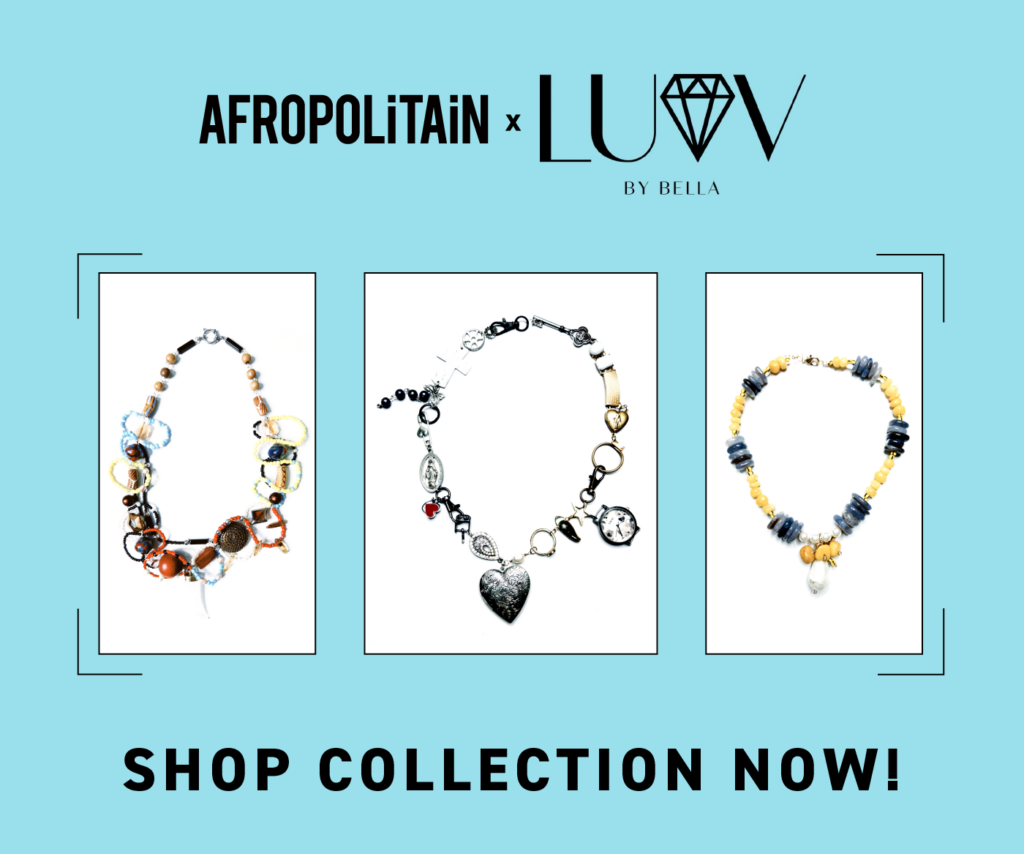
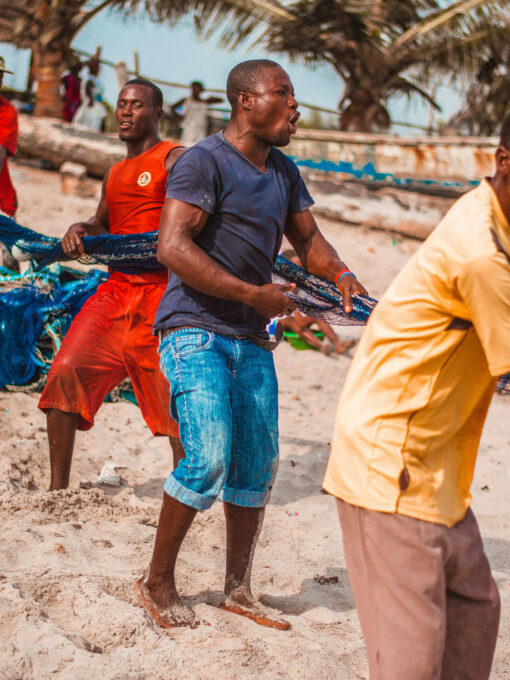 The Long Wait for Justice in Kenya’s Police Violence Cases
The Long Wait for Justice in Kenya’s Police Violence Cases 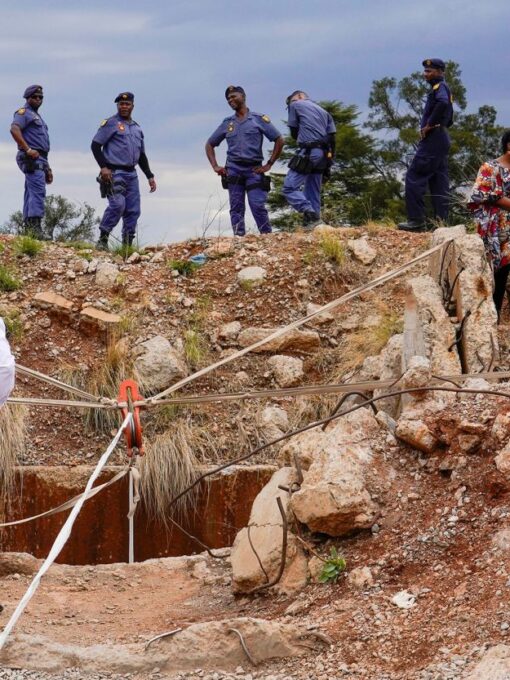 The Human Cost of Illegal Mining in South Africa
The Human Cost of Illegal Mining in South Africa 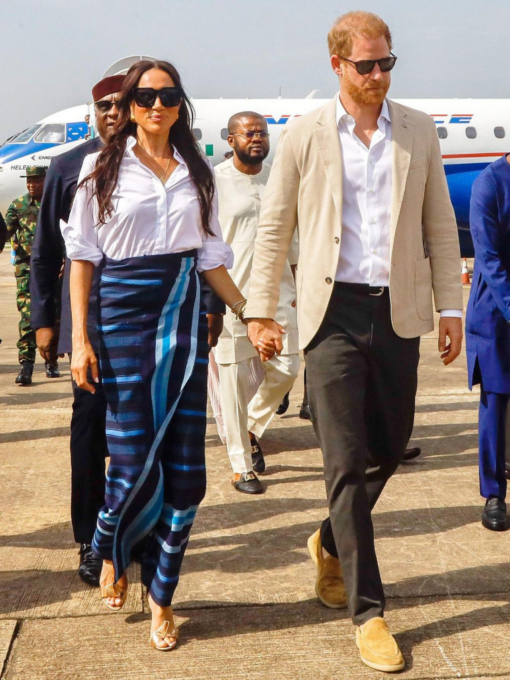 Everything Prince Harry and Meghan Markle Did On Their Visit To Nigeria (Including That Secret Stop)
Everything Prince Harry and Meghan Markle Did On Their Visit To Nigeria (Including That Secret Stop) 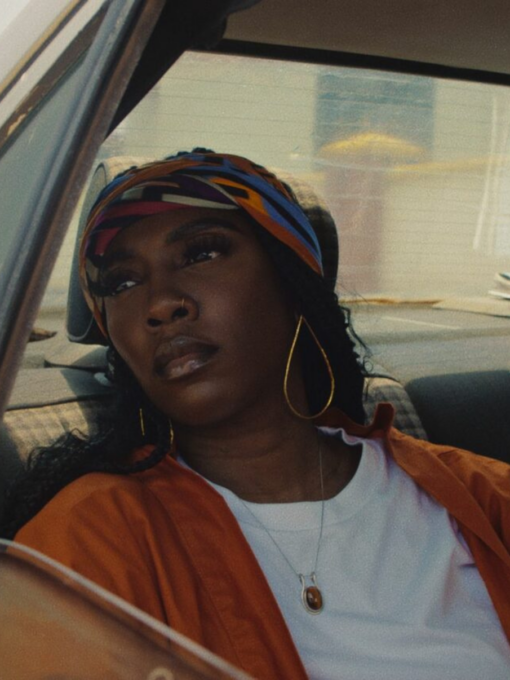 Tiwa Savage Stars In And Executive Produces Film ‘Water & Garri’ On Prime Video
Tiwa Savage Stars In And Executive Produces Film ‘Water & Garri’ On Prime Video 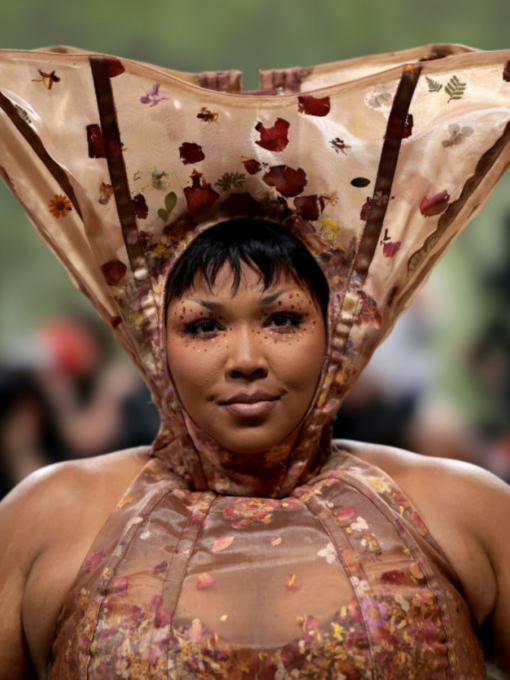 The Worst Looks From This Year’s Met Gala Unfortunately Include Erykah Badu, Serena Williams, Rita Ora, Zoe Saldana And More
The Worst Looks From This Year’s Met Gala Unfortunately Include Erykah Badu, Serena Williams, Rita Ora, Zoe Saldana And More 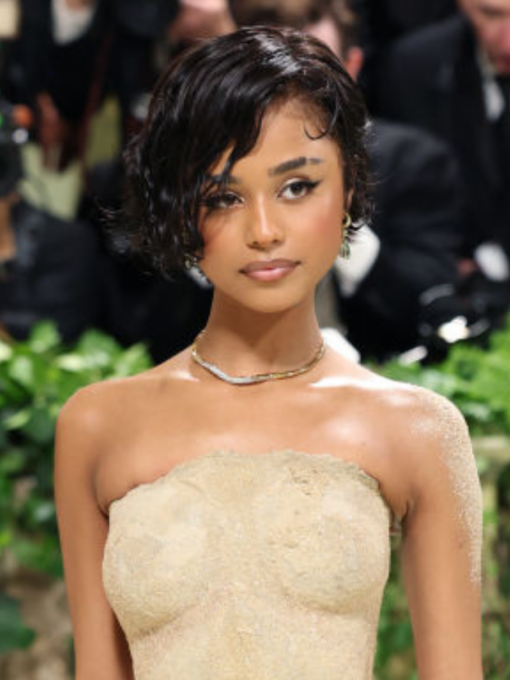 The Best Dressed Looks At This Year’s Met Gala, Tyla, Zendaya And More
The Best Dressed Looks At This Year’s Met Gala, Tyla, Zendaya And More 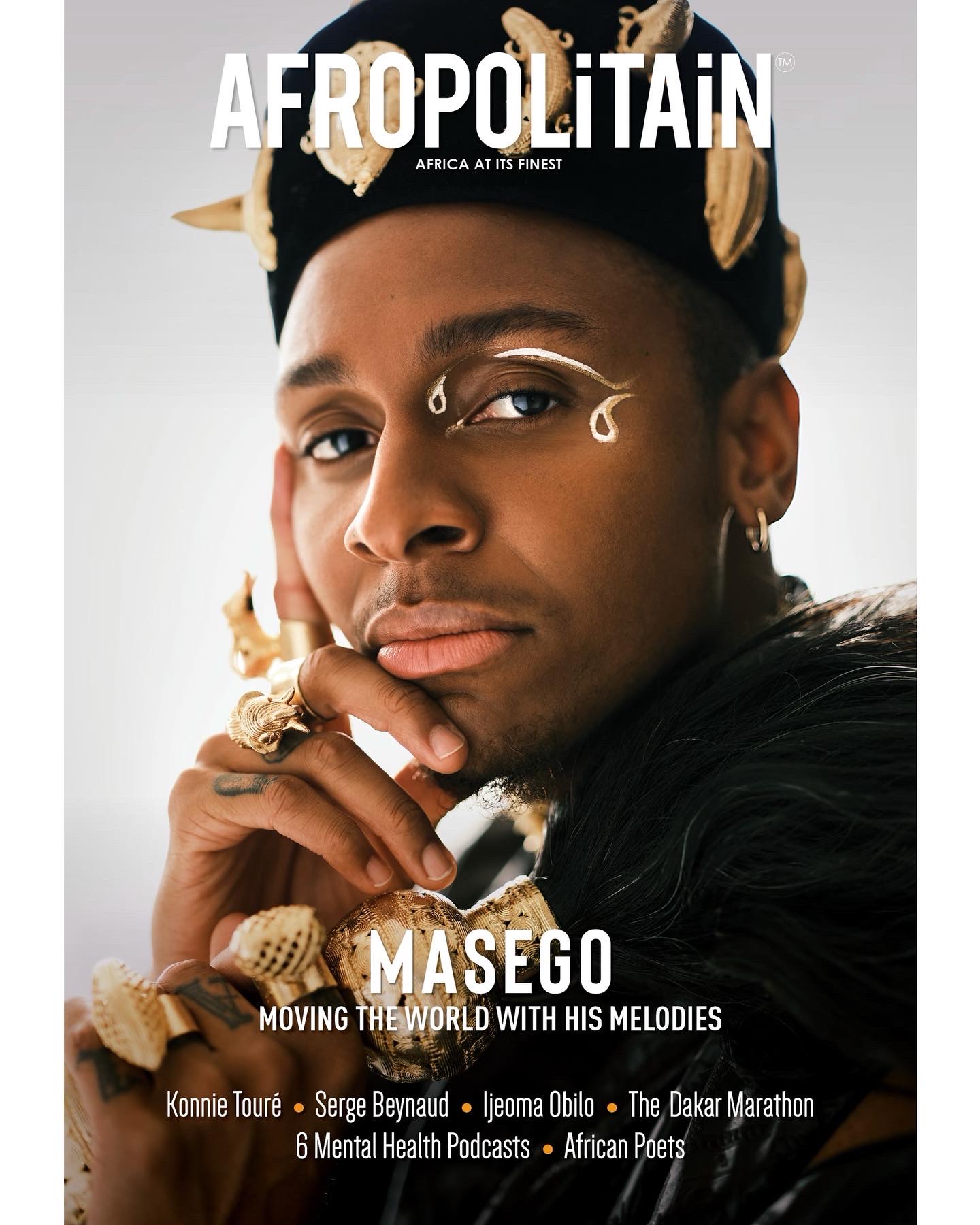 Masego is the new Cover for Afropolitain Magazine
Masego is the new Cover for Afropolitain Magazine 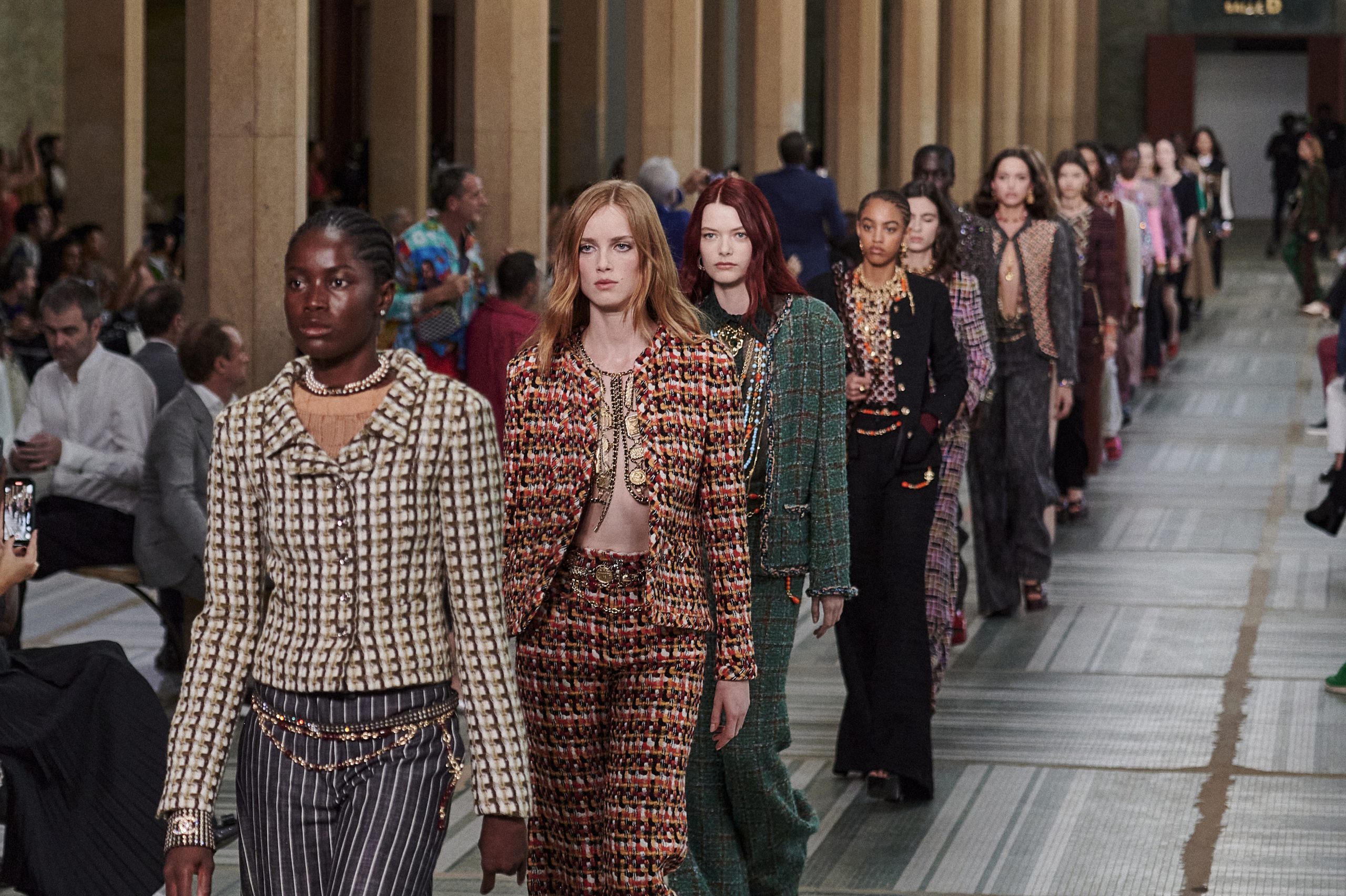 Chanel Turns The Fashion World’s Gaze To Dakar With Its 2022/23 Métiers d’art Show
Chanel Turns The Fashion World’s Gaze To Dakar With Its 2022/23 Métiers d’art Show